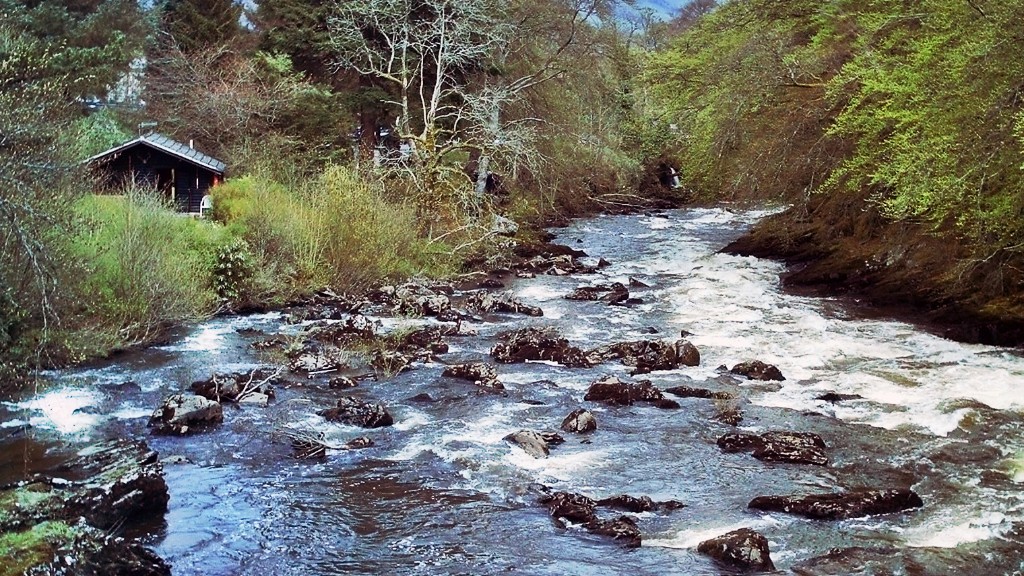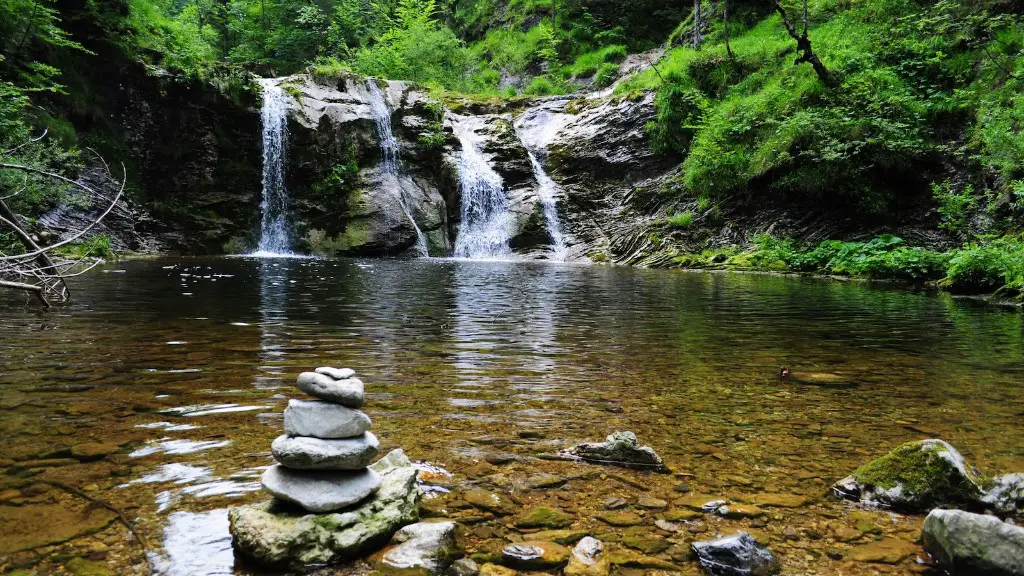Chinese Culture and Yangtze River
Yangtze River is considered to be one of the most important rivers in China, and translates to English as “long river”. As China’s longest and the world’s third longest river, Yangtze River has been a major part of Chinese culture and life for thousands of years. Even today, it is the main source of water and lifeblood for the surrounding communities and an important trade route.
Yangtze River is widely known as the cradle of Chinese civilization, and is where some of the most important events in China’s long history happened. It is home to many ancient cities, which have been major economic and cultural centers for centuries.
The Yangtze River has been a source of fascination for people for centuries. Its role in Chinese culture is best described by Confucian scholar Xunzi, who said “He who does not know the vastness of the Yangtze does not know the grandeur of Heaven.” Thus, the Yangtze River is seen as a bridge between Heaven and Earth, as well as a medium through which Chinese culture passes from generation to generation.
As a main waterway, the Yangtze River not only creates ideal conditions for farming, but also serves as an important transportation route. For centuries, the river has served as a major trade route and has enabled cultural exchange between China and other nations in Asia and the rest of the world.
Today the Yangtze River has been transformed by the rapid development of industry and modern technology. The river has been heavily polluted, and its tributaries are clogged with weeds. In recent years, China has implemented a number of environmental protection measures to help reduce the effects of pollution.
Environmental Issues
Environmental issues have been a major concern for decades, but the effects of pollution and overfishing on the Yangtze have been particularly dire. Some areas of the river have completely dried up due to over-exploitation of the water supply and heavy siltation.
The effects of climate change and global warming have also had a profound effect on the Yangtze River. With rising temperatures, glaciers that feed the river have melted faster, leading to floods in some areas.
The Yangtze River is also threatened by hydro-power projects and dams. These have been built to meet China’s energy needs, but the dams are blocking fish migration and causing environmental damage.
Overall, there is now a greater awareness of the need to protect the Yangtze River and its tributaries, which are essential to providing vital resources both locally and federally.
Economic Importance
The economic importance of the Yangtze River cannot be overstated. It is estimated that the economic activity generated by the Yangtze River basin accounts for about 44% of China’s GDP, making it one of the largest economic powerhouses in the country.
The Yangtze River is also a major source of employment in the region, with a large number of farmers and fishermen relying on its waters for their livelihoods. Additionally, the river serves as a major transportation route, making it an essential part of Chinese industry.
The impact of the Yangtze River on China’s economy is also far-reaching. It is estimated that the Yangtze River contributes to one-third of China’s total exports and nearly one-third of the country’s total import value.
Cultural Significance
The Yangtze is also of significant cultural significance to China. It is the source of numerous ancient stories, as well as modern-day myths, legends, and folklore.
These stories often revolve around the river’s treacherous nature, such as the Lung-ma goddess who controls the river’s waters. Other stories tell of brave fishermen and boatmen who traverse the mighty Yangtze and battle formidable monsters or divine forces in their path.
The Yangtze River is also a source of spiritual devotion for many people. It is believed that those who visit the Yangtze are blessed with good fortune, and that offering sacrifices and prayers near the river bank can bring abundance and fortune.
In addition to spiritual and cultural aspects, the Yangtze River provides a spectacular natural backdrop. For centuries, painters and poets have been inspired by the river’s beauty and have depicted its grandeur in their works.
Fauna and Flora
The Yangtze River is home to a variety of wildlife, including hundreds of fish species, turtles, and amphibians. The river is also home to numerous rare and endangered plants, such as the Chinese water chestnut, water caltrop, and eelgrass.
The Yangtze River basin is also home to a wide variety of bird species, including the black-crested crane, white-naped cranes, and black-necked cranes. In addition, several endangered mammal species, such as finless porpoises, Yangtze river dolphins and Chinese paddlefish, live in the river.
Conservation Efforts
In recent years, there has been a greater emphasis placed on conserving the Yangtze River and its surrounding areas. The Chinese government has begun to put in place a number of protective measures, such as increasing environmental protection, setting up fish stock management systems, and promoting eco-tourism.
These measures have been met with some success, though much remains to be done in order to protect the Yangtze’s fragile ecosystem. There is now a greater awareness of the need to protect the river and its surrounding areas to ensure its long-term sustainability.
Environmental Education
In addition to the measures being taken by the Chinese government, there is an increased emphasis on environmental education in China. This includes educating people about the need to conserve and protect the Yangtze River and its surrounding areas.
Environmental education is particularly important for younger generations and is being implemented in schools throughout the country. Through education, younger generations will gain an appreciation for the Yangtze River and its importance to China’s culture and economy.
International Cooperation
International cooperation is also essential if the Yangtze River is to be preserved. China is actively engaging other countries in efforts to protect the river and to develop sustainable development models for the region.
For instance, China is collaborating with other countries to develop conservation projects along the river, such as restoring fish stocks and introducing environmentally friendly measures. Additionally, China is taking a leading role in resolving regional water management issues, such as implementing water-sharing agreements.
International cooperation is crucial for protecting the Yangtze River and its surrounding areas, as well as for ensuring its long-term sustainability and economic development.


